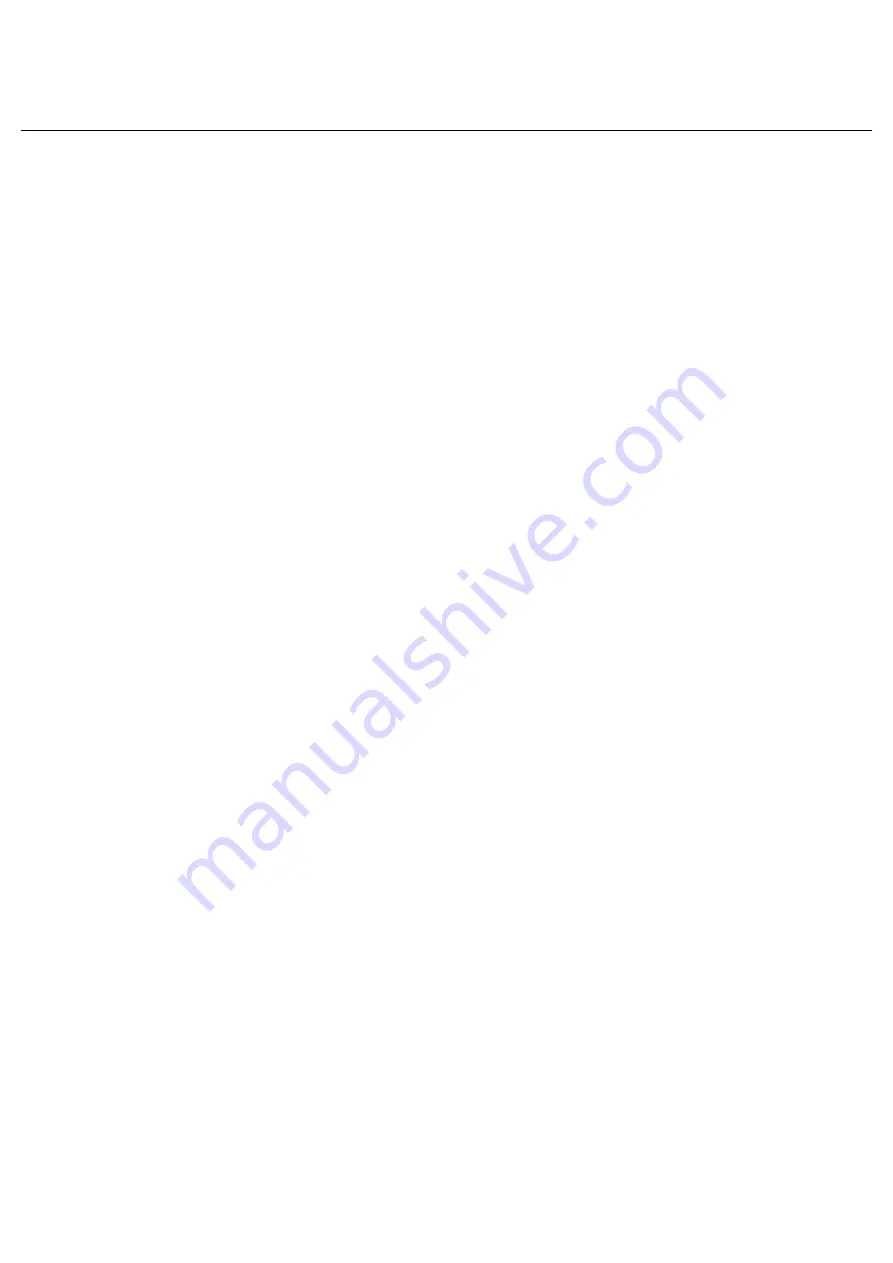
12
• Remove carbon cartridge if treating fish with
medication.
• Replace every 6 – 8 weeks as the carbons
adsorption capacity will have depleted.
• Rinse well before placing in the aquarium.
(in tap water)
Mechanical Filtration
Mechanical filtration involves physically
removing solid particles from the water. In
addition to improving the visual appearance
of the aquarium, it is important for the heath
and wellbeing of the inhabitants.
In this aquarium, the cartridges perform
most of the mechanical filtration.
• Avoid smothering the gills with solids such
that fish cannot breathe.
• Decrease risk of disease outbreaks - there
are high numbers of bacteria associated with
suspended organic solids.
• Protect the biological filter material from
rapidly becoming clogged.
LIVE PLANTS
Once the water conditions and pH levels
are optimal, live plants can be added to the
aquarium. Remember to empty some water
from the aquarium before adding anything to it.
FILTER MEDIA
Biological Filtration (Filter Sponge)
Biological filtration is a process where toxic
nitrogen compounds such as ammonia and
nitrite (Fish waste) are removed from the
system via a breakdown process carried
out by nitrifying bacteria. (Nitrobacter and
Nitrosomonas). These nitrifying bacteria need
substrate with a high surface area to adhere
to such as a sponge.
• When starting a new system it is important
to remember that the bacterial colony takes
time to develop and grow.
• You can speed up the process by ‘seeding’
the system with Aqua One Bio Starter.
• Over time this media can block up or break
down so it is important to monitor it.
Seek advice from your Aquarium Specialist if
either of these problems arise.
Mechanical/Chemical Filtration (Carbon
Cartridge)
This is the removal of dissolved organic and
inorganic substances through adsorption
on a porous substrate or by direct chemical
removal. Dissolved organic compounds are
what turns the water a yellow-brown colour
or causes foaming at the surface of the
aquarium and need to be removed.
Hints & Tips For Best Results


































